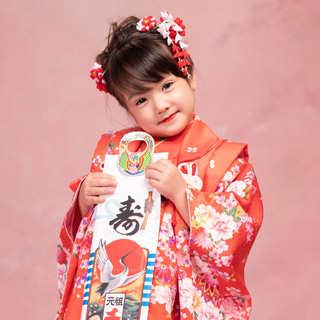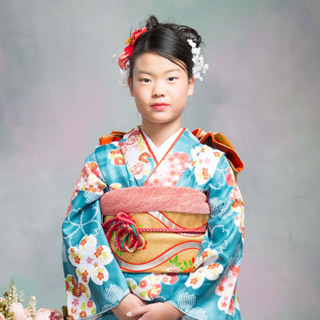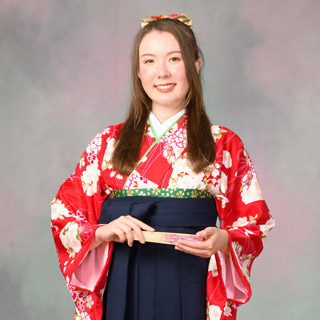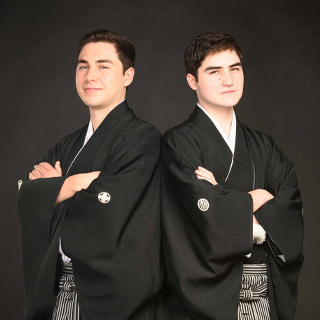Welcome to Kimono Dressing & Rental Services in San Diego
Experience the elegance and tradition of Japanese kimono for your special occasion. Yuko Niwa, our dedicated kimono dresser, is here to help you create unforgettable memories with our uniquely-tailored kimono dressing services. Explore our offerings and pricing by clicking here. Don't miss out on our upcoming Japanese celebration events listed below.
Shichi-Go-San: Celebrating Children’s Milestones
 "Shichi-Go-San" is a traditional Japanese celebration for children aged 3, 5, and 7. Held on or around November 15, families take their children to shrines to pray for their healthy growth and happiness. Girls celebrate at ages 3 and 7, while boys celebrate at age 5. It is a cherished cultural milestone in Japan.
"Shichi-Go-San" is a traditional Japanese celebration for children aged 3, 5, and 7. Held on or around November 15, families take their children to shrines to pray for their healthy growth and happiness. Girls celebrate at ages 3 and 7, while boys celebrate at age 5. It is a cherished cultural milestone in Japan.
Jyusan-Mairi: Celebrating the Age of 13
 "Jusan Mairi" is a traditional Japanese ceremony where 13-year-old children visit a temple or shrine to pray for wisdom and good fortune as they enter adolescence. This ritual typically takes place around their 13th birthday, marking a significant coming-of-age milestone in their lives.
"Jusan Mairi" is a traditional Japanese ceremony where 13-year-old children visit a temple or shrine to pray for wisdom and good fortune as they enter adolescence. This ritual typically takes place around their 13th birthday, marking a significant coming-of-age milestone in their lives.
Graduation
 For college graduations in Japan, it is customary for young people to wear traditional kimonos and hakama. This attire is also sometimes worn by teachers to celebrate their students' achievements. The hakama has been a significant part of graduation attire since the Meiji era to the early Shōwa period (1880-1930) and continues to be cherished in modern ceremonies. Originally, hakama were typically in plain brown or purple, but today, they come in a wide array of colors and intricate designs.
For college graduations in Japan, it is customary for young people to wear traditional kimonos and hakama. This attire is also sometimes worn by teachers to celebrate their students' achievements. The hakama has been a significant part of graduation attire since the Meiji era to the early Shōwa period (1880-1930) and continues to be cherished in modern ceremonies. Originally, hakama were typically in plain brown or purple, but today, they come in a wide array of colors and intricate designs.
In recent years, wearing hakama has also gained popularity for graduations at elementary and even preschool levels, reflecting a broader appreciation for traditional attire in various milestones of life.
Seijin-shiki: Coming of age ceremony
 "Seijin Shiki" is a coming-of-age ceremony in Japan, held annually in January to celebrate those who have turned 20, the legal age of adulthood. It marks the transition into adulthood, symbolizing new responsibilities and independence. Young adults typically wear traditional attire, with women in colorful kimonos and men in suits or sometimes hakama. The event includes speeches and congratulations from local government officials, followed by celebrations with family and friends.
"Seijin Shiki" is a coming-of-age ceremony in Japan, held annually in January to celebrate those who have turned 20, the legal age of adulthood. It marks the transition into adulthood, symbolizing new responsibilities and independence. Young adults typically wear traditional attire, with women in colorful kimonos and men in suits or sometimes hakama. The event includes speeches and congratulations from local government officials, followed by celebrations with family and friends.